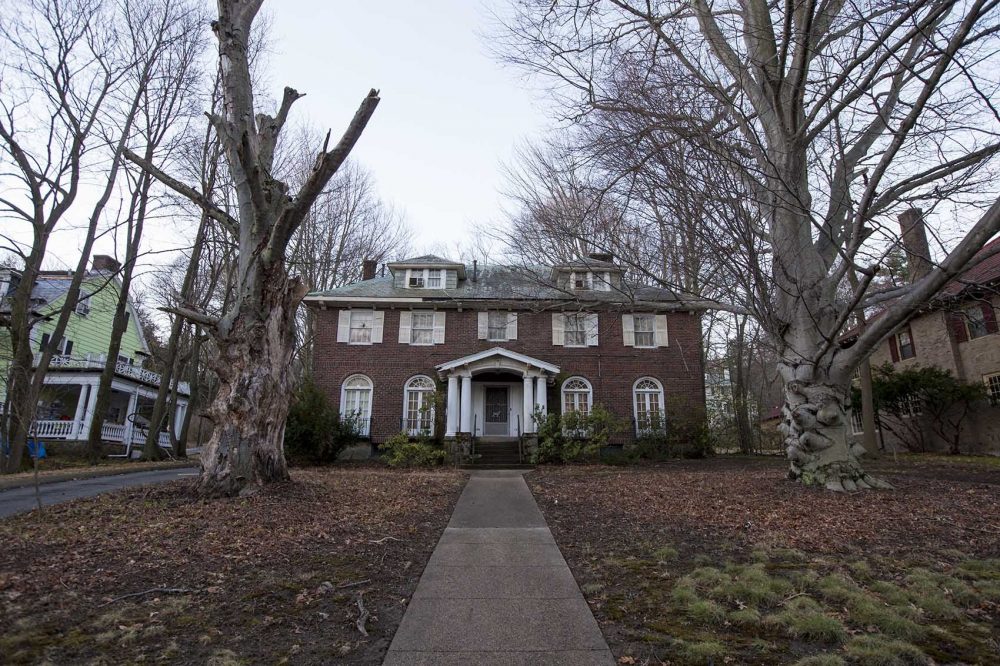Advertisement
The Corpse Under The Kitchen Table For Over A Year, And Isolation As Symptom

I find it doubly haunting, the Gothic story now making Boston-area headlines like "Decomposed Body Found In Upscale Brookline Home" and "Woman Lived With Sister's Body In Kitchen For More Than A Year."
First, just the image: Two aging sisters, never going out, almost never having anyone in, closed away in the stately but now deteriorating home where they grew up.
According to local coverage, the younger sister died in July 2015. But her rotting corpse was found under the kitchen table only last month. The older sister, in her 70s, told police that "her sister had been ill before and would sometimes fall and not be able to get up, so she'd give her water and fudgsicles until she was better. This time her sister didn't get better, and she told police she didn't know what to do," the Brookline TAB reported.
Second, while the story prompted a sidebar about hoarding because the home was cluttered, it reminded me most of recent provocative research suggesting that social isolation may be a telltale symptom of a brewing brain disorder.
The prevailing wisdom holds that loneliness may be a risk factor for future Alzheimer’s disease. But the study in JAMA Psychiatry suggests that loneliness may be not a risk factor but actually an early symptom. Loneliness may be a marker of brain changes in a disease process that has already begun, but has not yet become noticeable otherwise.
The study, led by Dr. Nancy Donovan of Brigham and Women’s Hospital and Harvard Medical School, used brain scans of 79 cognitively normal people with an average age in their mid-70s to explore whether their levels of amyloid — a marker of Alzheimer's — corresponded to feelings of loneliness and isolation.
To capture such feelings, subjects answered questions like, "Do you often feel a lack of companionship? A sense of being left out, isolated from others?"
The study concluded that more amyloid was indeed linked to greater loneliness, and that loneliness could be "a neuropsychiatric symptom relevant to preclinical Alzheimer's disease."
"It's possible that abnormal protein accumulated due to Alzheimer's disease affects areas of the brain that are involved in social perception or social cognition or social reward," Donovan says. "One possibility is that these brain changes occur in regions which subserve or are involved in social thinking and social behavior. Another possibility is that people who are starting to decline in subtle ways cognitively feel less comfortable in a social context."
Donovan emphasizes that the study by no means suggests people who are lonely are likely to be developing Alzheimer's; loneliness is most often related to social isolation or loss, she says, and levels of loneliness naturally tend to increase in people's 70s as their social networks shrink.
But still, she says, "It's good for your overall health, not only for your Alzheimer's disease risk, to be socially active."
My own takeaway from the Brookline sisters: Such extreme isolation may have been a symptom of a brain disorder — we don't know. What is clear: If you're so cut off from the world that you can't reach out for help in crisis, isolation can kill.
